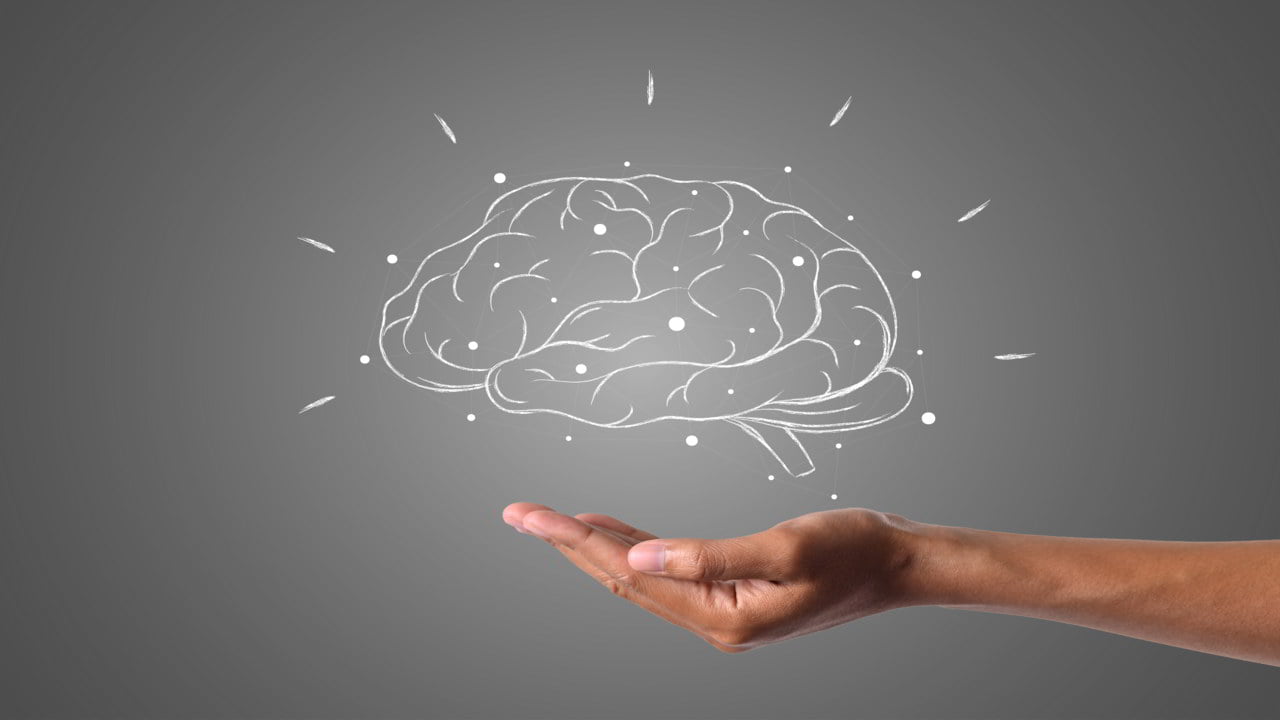The nervous system helps the body to think, feel, and say. It carries all the complicated processes of the human system, like memory, thought, and movement. It is the principal center where all the instruction is transported through electrical current through a nerve cell in the brain. The nerves then carry data from your brain to the limbs and other body parts to respond. It enables you to shiver, breathe, digest food, and have a regular heartbeat.
When a nervous system goes through an injury, it isn’t easy to send messages properly. In certain conditions, the situation gets so bad that it cannot send a message at all. As a result, you feel numbness, pain, or tingling sensation. Sometimes you may even find it difficult to move your body, like paralysis. There are many other diseases situated with the nervous system problem.
Different parts of the nervous system
There are two main parts of the nervous system containing billions of cells whose main function is to carry information safely into the brain and then to different parts of the body. The main parts are:
- Central nervous system: The major components which form the central nervous system are the brain and the spine. The brain receives information from the neuron and sends it to the rest of your body for proper movement. These nerves are protected by an outer layer called myelin, which insulates the nerve to avoid losing information.
- Peripheral nervous system: Peripheral nervous system contains all the other parts of the nerve, excluding the CNS. This system carries information from your brain and spine to every other part of your body.
Read More – Brain Problems During and After Covid?
Diseases that give rise to nervous system disorders
Because of damage because of the following diseases, you may develop nervous disorders:
- Diabetes: According to a study, 34.2 million people have diabetes, and around 50 percent of them cause nerve damage. This endocrine system disease directly leads to nerve damage, causing diabetic neuropathy. The disorder affects the functioning of the feet, hands, legs, arms, and toes.
- Rheumatoid arthritis: People can also develop neuropathy because of rheumatoid arthritis. This type of arthritis affects around 1.3 million people living in the US and is also the most common type of arthritis there.
- Lupus: Lupus is another disease that affects people by damaging their nervous system. This long-term autoimmune disease attacks healthy tissue, resulting in inflammation and swelling.
- Stroke: According to a study, stroke affects the nervous system in many ways. It injures the nerve cells present in the brain tissue. As a result, the nerve cannot send accurate information to the brain.
Have queries or concern ?
Symptoms of nerve disorders
When a person goes through a nerve disorder, they usually go through the following problem:
- Burning sensation
- Altered taste or smell
- Confusion
- Loss of balance
- Numbness or tingling sensation
- Involuntary muscle contraction
- Change in the level of consciousness
- Pain
- Inability to move or paralysis
Read More – Symptoms of the Weak Nervous System?
Neurological treatment option
The most effective treatment option for neurological disorders you can adopt is lifestyle changes that will help you prevent or minimize the impact of damaged nervous systems. Next, you can take physiotherapy to control the symptoms and restore your nervous system’s function to normal.
The medications provided by the doctor can also help you restore the function of the body by preventing the situation from getting worse. Apart from this, there is also pain management therapy available for managing your level of discomfort. However, other treatment options include cognitive therapy treatment, neuroleptics, etc.
How to keep your nervous system healthy?
Now that you know, the nervous system is the principal center that carries information throughout the body. Thus, you need to take care of it to ensure proper movement. You can do this by eating a proper diet, avoiding alcohol, quitting smoking, and avoiding drugs. Besides this, you must also keep your diabetes in check. It will help you avoid nerve damage in the future.
When is the time to call the doctor?
Nerve weakness can cause many severe cases. So it is very important to call the doctor as soon as you notice any of the following conditions:
- Slurred speech
- Change in memory or behaviors
- Vision problem or chronic headaches
- Random muscle movements
- Numbness or arms or legs
- Problem with the coordination of muscles
Conclusion
The nervous system is an integral part of our body that helps move arms and limbs. Many diseases can injure your nervous system, leading to various other diseases. So whenever you feel like going through the symptoms of nervous disorders, immediately contact your doctor.
Patient Feedback
Great doctors, Good facilities, caring and helping staff. I recommend this hospital for day care services.
![]()
![]()
Sangram Shinde
All doctors r very good. There treatments is best. Other staff also good. The service of nurses is great...Hospital is always clean.
![]()
![]()
Vaishali Aitawade
All services provide by hospital are nice and on time. Doctors are polite and co-operative with patient.
![]()
![]()
Ankita Jagtap
All services provided by hospital is good. Hygiene maintained well.Even at night good care provided.
![]()
![]()



